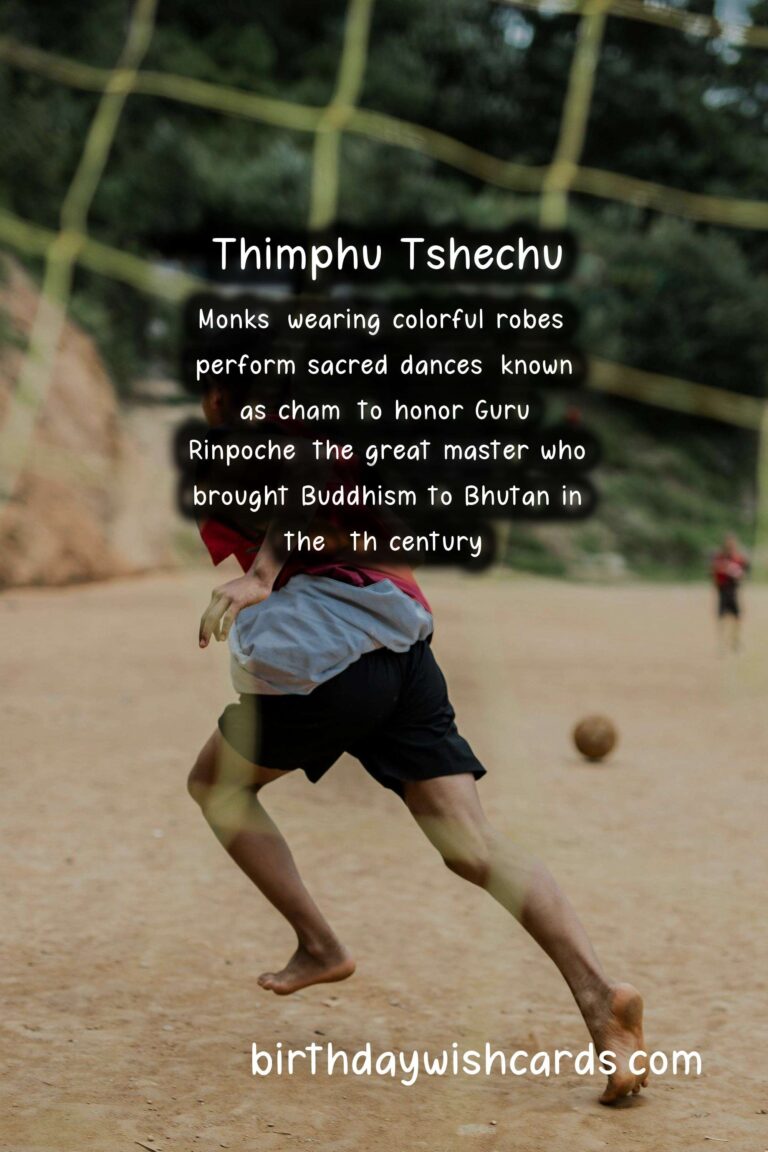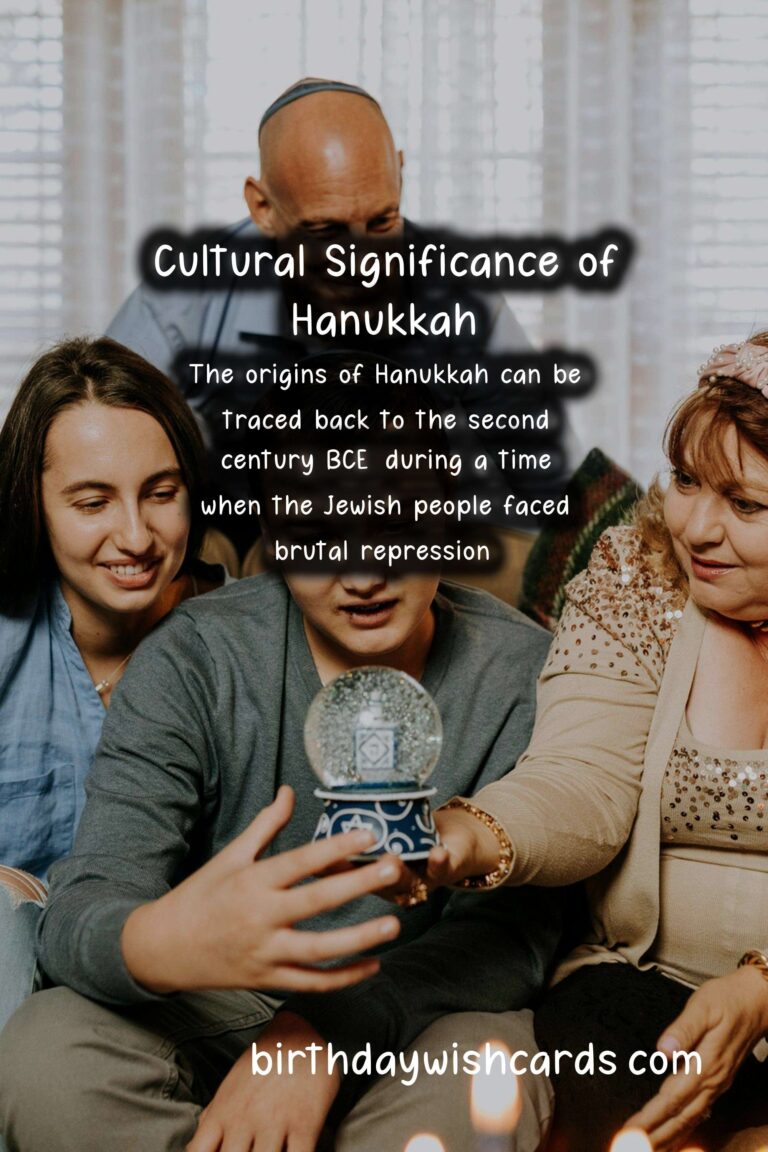Unique Ways to Celebrate Cultural Rituals: A Comprehensive Guide
Unique Ways to Celebrate Cultural Rituals: A Comprehensive Guide
Cultural rituals hold profound significance in the lives of individuals and communities across the globe. They serve as a link between the past and the present, allowing individuals to embrace their heritage while creating new memories. In this article, we will explore unique ways to celebrate cultural rituals that not only honor tradition but also engage the community and foster inclusivity.
1. Understanding Cultural Rituals
Before delving into unique ways to celebrate these rituals, it’s essential to grasp what cultural rituals are. These are ceremonial acts that embody the beliefs, values, and identities of a culture. They can range from rites of passage and seasonal festivals to religious observances and community gatherings.
2. Modern Twists on Traditional Celebrations
Innovating traditional rituals can bring a fresh perspective while maintaining their cultural significance. Here are some ideas:
2.1. Themed Festivals
Organize a festival with a unique theme that ties into the cultural ritual. For example, a harvest festival can feature local cuisine, craft workshops, and storytelling sessions that highlight the culture’s agricultural history.
2.2. Virtual Celebrations
In the digital age, virtual gatherings have become popular. Consider hosting online workshops or ceremonies that allow participants from different regions or even countries to join and celebrate together. This can be particularly meaningful for diasporic communities.
3. Incorporating Art and Music
Art and music can enhance the vibrancy of cultural rituals. Here are some innovative approaches:
3.1. Collaborative Art Projects
Invite community members to contribute to a communal art piece that reflects the essence of the cultural ritual. This could include murals, sculptures, or installations that tell a story or represent shared values.
3.2. Musical Performances
Highlight traditional music by organizing performances that blend modern interpretations with classical styles. This can attract younger audiences and create a sense of unity within the community.
4. Culinary Experiences
Food often plays a central role in cultural rituals. Here are ways to elevate culinary celebrations:
4.1. Cooking Classes
Host cooking classes that teach traditional recipes while allowing participants to learn about the history and significance behind each dish. This can be a fun and educational experience.
4.2. Food Festivals
Organize a food festival that celebrates the culinary diversity of the culture. Incorporate cooking demonstrations, tastings, and food stalls that provide insight into traditional dishes.
5. Engaging with the Community
Community involvement is key to the success of any celebration.
5.1. Volunteer Opportunities
Encourage participants to engage in community service as part of the celebration. This could involve cultural cleanup initiatives, charity drives, or providing assistance to those in need, tying the spirit of the ritual back to values of compassion and unity.
5.2. Workshops and Education
Facilitate workshops that educate attendees about the cultural ritual’s history and significance. This can empower participants, especially younger generations, to take an active role in preserving their cultural heritage.
6. Personalizing Celebrations
Cultural rituals can be designed to cater to individual preferences and modern lifestyles.
6.1. Personalized Ritual Items
Encourage participants to create their own personalized items related to the ritual, such as handmade decorations or traditional attire that they can wear during the celebration.
6.2. Memory Sharing
Create a space where participants can share personal stories or memories related to the cultural ritual. This could be through a memory wall, an open mic session, or a digital platform where stories can be shared publicly.
7. Embracing Diversity
Rituals can be an opportunity to embrace and celebrate diversity.
7.1. Intercultural Exchange
Invite representatives from different cultures to share their rituals in a festival setting. This exchange can promote understanding and respect across cultures.
7.2. Multi-faith Celebrations
For areas with diverse populations, consider organizing multi-faith celebrations that allow various cultural practices and beliefs to be acknowledged and celebrated together.
8. Conclusion
As we explore unique ways to celebrate cultural rituals, we recognize their importance in fostering community, preserving traditions, and promoting understanding among diverse populations. By embracing innovative ideas and approaches, we can ensure that these rituals continue to thrive and evolve in an ever-changing societal landscape.
Remember, every celebration has the potential to reconnect us with our roots, while also paving the way for future generations to carry forward the legacy of cultural heritage.
Cultural rituals hold profound significance in the lives of individuals.
Innovating traditional rituals can bring a fresh perspective while maintaining their cultural significance.










#CulturalRituals #CelebrateTradition






